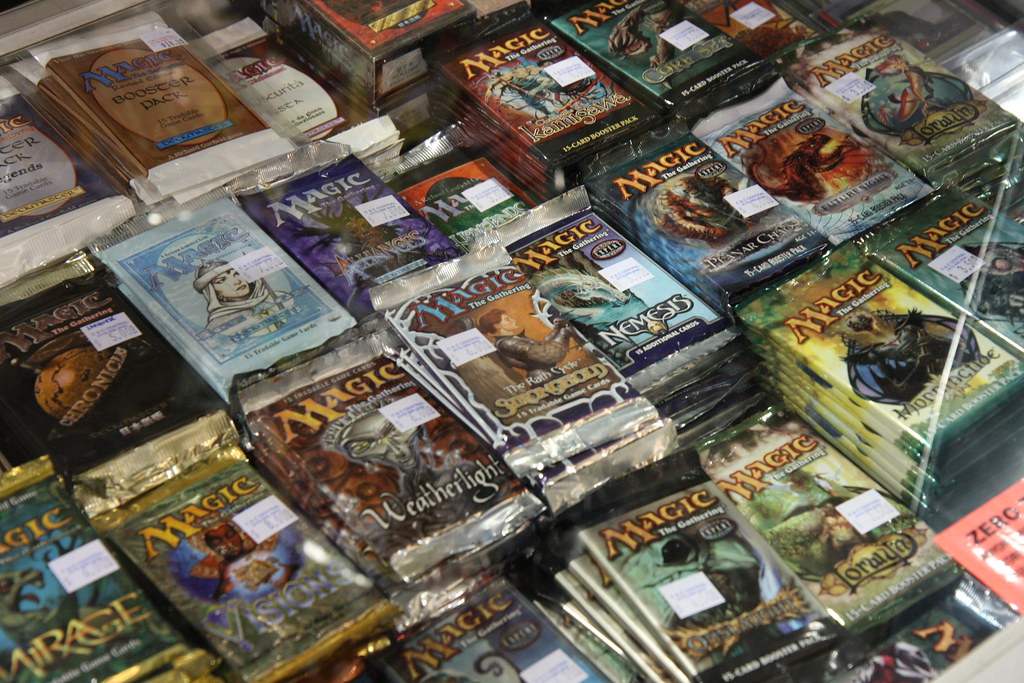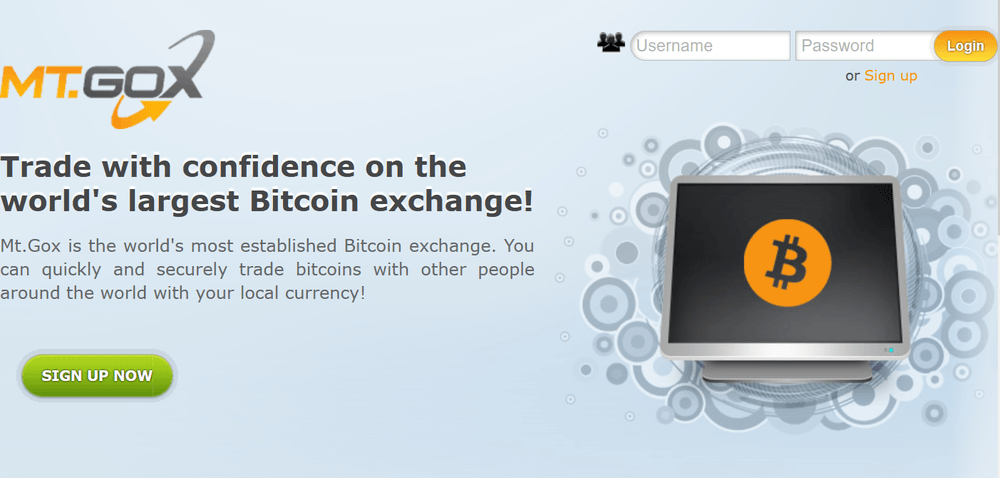MTGOX Collapses
What is MTGOX Day?
MTGOX Collapse Day commemorates the hacking and ultimate collapse of MTGOX, the very first bitcoin exchange.
MTGOX Day takes place on February 24th.
MTGOX is notable in bitcoin circles because it exemplified the dangers of storing coins on centralized exchanges - a lesson new generations of enthusiasts seem to learn every bitcoin cycle.
What was MTGOX?
Very simply, MTGOX was the very first bitcoin exchange.
However, MTGOX didn’t start that way.
MTGOX stands for “Magic: the Gathering Online Exchange”. As the name suggests, MTGOX began as a platform where people could go to trade cards from the popular Magic: the Gathering card game.

Development and Launch of MTGOX
The road from fantasy playing card exchange to bitcoin exchange is long and full of hurdles - and more than one owner.
The following is not a full list of events, but it does cover the most important ones.
NOTE: Points that are not completely verified but are widely believed to be true based on court documents and leaked correspondence from pending lawsuits are marked as “(SPECULATIVE)”.
-
2006: Jed McCaleb decides he wants to start an online exchange for players of Magic: the Gathering to trade their playing cards.
-
January 2007: Jed purchases the mtgox.com domain and launched the platform.
-
May 2007: MTGOX launches its beta.

-
August 2007: McCaleb stops updating the site and moves on to other projects - namely his own failed card game, The Far Wilds, which he would promote on mtgox.com once launched in 2009.
-
July 2010: McCaleb claims to have read about bitcoin on slashdot.org. The only reference to bitcoin we could find on Slashdot at that time is this solitary forum post.

- July 18, 2010: Jed repurposes MTGOX to be a bitcoin exchange.

-
Late 2010 (SPECULATIVE): Jed McCaleb becomes aware of major security flaws in the MTGOX source code.
-
January 2011: 80k bitcoin are hacked from MTGOX. McCaleb does not disclose this to users or the public.
-
February 3rd, 2011: McCaleb drafts an agreement French developer Mark Karpelès to sell MTGOX.
In the sale agreement, one clause read:
“the Seller is uncertain if mtgox.com is compliant or not with any applicable U.S. code or statute, or law of any country. [. . .] The buyer agrees to indemnify Seller against any legal action that is taken against Buyer or Seller with regards to mtgox.com or anything acquired under this agreement.”
-
March, 2011: McCaleb formally sells MTGOX to French developer Mark Karpelès. McCaleb fails to disclose how large the January 2011 hack is to Karpelès, which he later admits to on an episode of Peter McCormack’s What Bitcoin Did.
-
April 2011: Karpelès discovers there are bitcoins missing from reserve. He confronts McCaleb about them, and McCaleb replies with the following:
I can’t tell how big an issue it will be to be short 80k BTC (*80,000 bitcoin) if the price goes to $100 or something. That is quite a bit to owe at that point but mtgox should have made a ton of BTC (Bitcoin) getting to there. There is also still the fact that the BTC (Bitcoin) balance will probably never fall below 80k. So maybe you don’t really need to worry about it.
There are 3 solutions I have thought of:
Slowly buy more BTC with the USD that Gox Bot has. Hopefully you would fill up the loss before the price got out of hand.
Buy a big chunk of BTC (really just moving the BTC debt to the USD side) If BTC goes up this is a huge win. Problem is there isn’t enough BTC for sale on mtgox. Maybe you could find someone on the forum to do it.
Get those crystal island people to invest. They have 200+ BTC so they could fill in the gap.
Maybe you could just mine it?
-
June 13, 2011: MTGOX reports 25k bitcoin (worth approx. $400,000 at the time) were robbed from 478 accounts.
-
June 17, 2011: MTGOX’s entire user database is hacked and put up for sale on pastebin.
-
June 19, 2011: A hacker takes credentials from an MTGOX auditors computer in order to sell himself a large number of bitcoins at nominal prices. This caused the price of bitcoin on MTGOX to temporarily go down to one cent. To mitigate the damage, MTGOX rolled back all transactions on the exchange to before the hack took place. To prove they still controlled these coins, MTGOX moved 424,242 bitcoins from cold storage to a pre-announced address.
-
April 2013: MTGOX now handles 70% of the world’s bitcoin trading. The platform is growing at such a fast pace that users begin to wonder if the site is under a DDOS attack.

- November 2013: Wired Magazine reports that some customers were waiting months for cash withdrawals on MTGOX, ostensibly due to regulatory issues with the United States.
Final Hack and Collapse of MTGOX
-
February 7, 2014: MTGOX halts all bitcoin withdrawals, claiming the halts are due to a bug in the bitcoin software regarding transaction malleability. This bug is real, but it is not clear this is actually the reason for the halted withdrawals.
-
February 17, 2014: Other exchanges resume withdrawals while MTGOX issues another statement to explain why withdrawals are still halted. In the statement, MTGOX cites “security concerns” but nothing more concrete. As panic among customers of MTGOX mounts, Karpeles does an interview with the Wall Street Journal, but does not comment further.
-
February 24, 2014: MTGOX suspends all trading and the website is pulled from the internet.
-
February 28, 2014: MTGOX files for bankruptcy protection in Tokyo. They claim to have lost nearly 850,000 bitcoin, 750,000 of which belong to MTGOX customers.
Why is MTGOX Day Important?
MTGOX Day is important because it marks the first time a major institution in the bitcoin space went bankrupt.
It showed bitcoin holders how dangerous holding coins on centralized exchanges can be.
Unfortunately, the story of MTGOX is not unique. Many other exchanges followed suit and users continue to lose their investments because of it.
